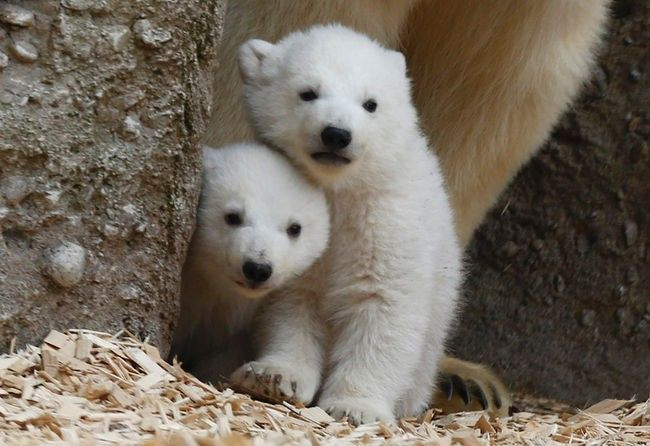Polar Bears Endangered; Population Down By 40 Percent In Alaska

A study published in the ESA journal on November 17 reported that polar bears are endangered. The study was published in the latest issue of Ecological Applications. In Alaska, the number of polar bears have gone down by 40 percent during the course of a 10-year period from 2001 to 2010.
According to a report in the Guardian, researchers and scientists from Canada and the United States had found that the survival rates of bears in the south Beaufort Sea was low during the period of 2 years from 2004 to 2006. Only two of the young bears out of 80 that were being monitored had survived.
The study showed that bears had an upper hand over the juvenile bears as they fared better. In 2007, the overall survival rates improved but in a 10-year study period, the survival rate of the juvenile bears declined to a great extent. In 2010, which was the final year of the study.
The causes for the low survival rates, scientists said, could be because of low seal abundance and limited access to the seals. Over the last few decades, winter ice is said to have become more thin because of which it breaks easily, making it hard for the bears to capture the seals.
A USGS research statistician and also the lead author of the study, Jeff Bromaghin, said that the low survival rate could be because of a combination of factors. He said that the factors were difficult to unravel and the reason why survival showed an improvement towards the end of the study was also not known.
Chief scientist at Polar Bears International, Dr Stevel Amstrup, said that he had spent most of his life working with the bear population and he was hurt to see the decline in the number of bears. He said that his colleagues and he, in 2007, had predicted that polar bears could be lost from the southern Beaufort Sea by the middle of the century if a different greenhouse gas emission path was not chosen. He continued that the report confirmed that they were still on the wrong path.




















